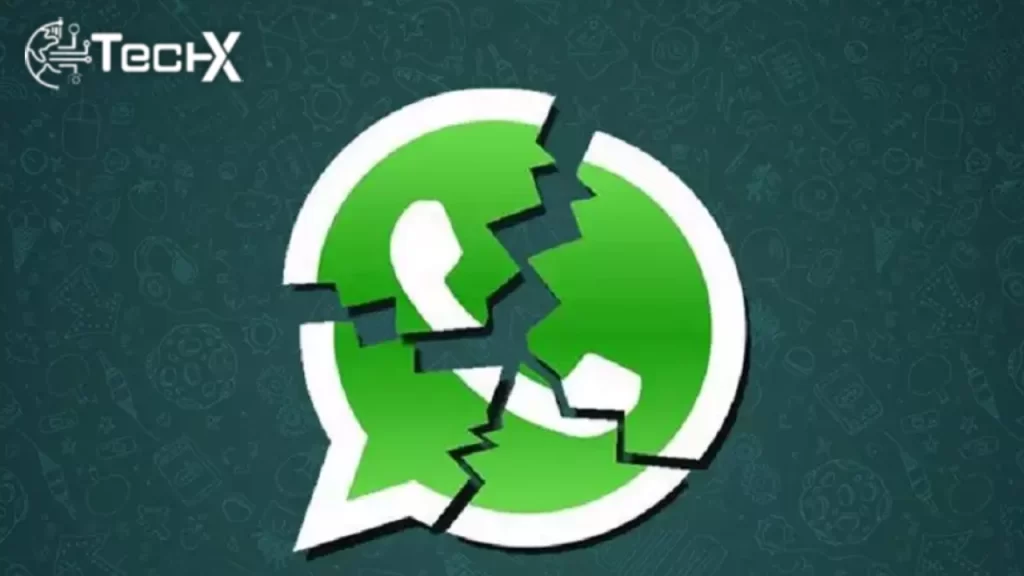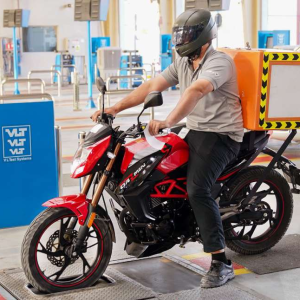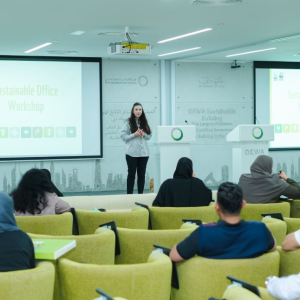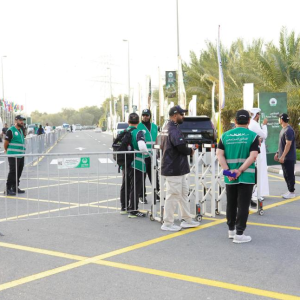The Real Lives Behind VPN Calls from Dubai to Iraq
When Yousif, a 29-year-old mechanical engineer from Iraq, moved to Dubai in search of better career opportunities, he didn’t expect the hardest part to be staying in touch with his family. For him—and thousands of Iraqis living in the UAE—video and voice calls through apps like WhatsApp are not just a luxury; they are a lifeline.
But in the UAE, calling apps like WhatsApp and FaceTime are restricted by government regulations. For families split across borders, this presents an emotional and practical challenge. That’s where VPNs (Virtual Private Networks) come in—an underground but vital tool for keeping relationships alive.
This is more than just a story about technology. It’s about human connection, struggle, resilience, and the quiet heroes who find ways to beat the odds every day.

The Hidden Pain Behind the Glamour of Dubai
Dubai dazzles with its skyline, luxury cars, and endless opportunities. But for many expats like Yousif, it’s also a city of emotional distance. “Everyone sees the Burj Khalifa,” he says, “but they don’t see how hard it is to miss your mother’s voice for weeks.”
Despite earning a good salary and working in a top firm, Yousif spent the first six months in Dubai without seeing his family’s faces. International calls are expensive, and the emotional gap grew wider every day. “You can’t explain the pain of hearing your niece say ‘Who are you?’ when you call,” he says with teary eyes.

The Workaround That Became a Lifeline
After months of loneliness, a colleague introduced Yousif to the concept of a VPN. VPNs encrypt internet traffic and allow users to bypass local restrictions by masking their location.
“Suddenly, I could see my mother’s smile again,” he says. “I could help my sister with her homework, see my cousin’s wedding, all from 1,400 kilometers away.”
VPNs are not officially legal in the UAE for unblocking restricted services, but people still use them discreetly. For many expats, especially Iraqis who depend on WhatsApp and Telegram for daily life, VPNs are the only bridge connecting them to their families.
A Common Struggle for Thousands of Iraqis
Yousif’s story is not unique. There are over 80,000 Iraqi nationals living and working in the UAE, according to expat community reports. Most of them face the same struggle: how to stay close to their roots while building a future in a country that feels foreign.
Noor, a 34-year-old interior designer, moved to Dubai alone after getting a job with a major hospitality group. “The first year was the hardest. My father fell ill, and I couldn’t even say goodbye over a call,” she recalls. It wasn’t until a friend from the Iraqi community suggested using a secure VPN that she was able to reconnect. “That app saved my mental health.”
For Noor and others, the VPN became more than just a tool. It became a symbol of freedom—a way to be present for birthdays, funerals, and everything in between.
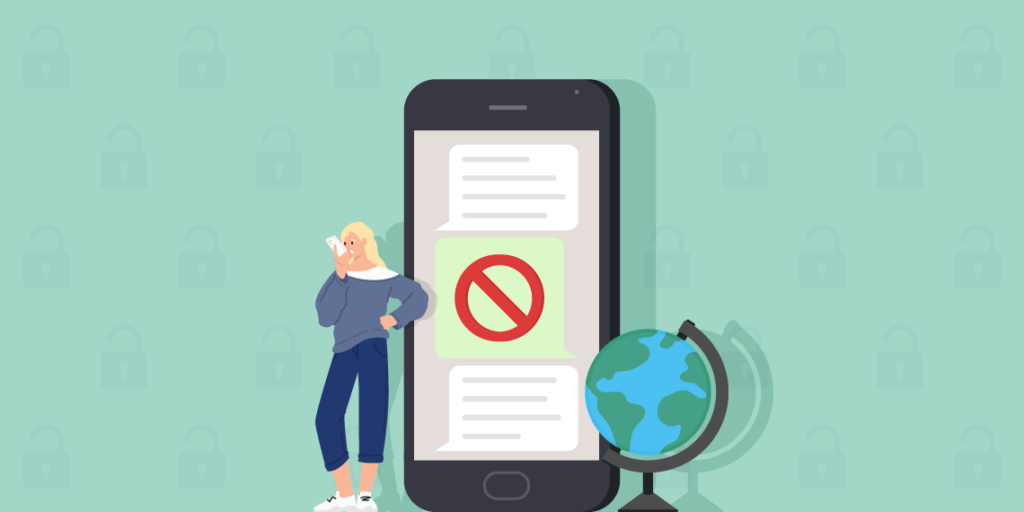
More Than Calls: Holding Onto Identity
In a foreign land, maintaining cultural and emotional ties is not just a personal preference—it’s essential for identity. Iraqi expats say that through VPN-enabled video calls, they’re able to stay involved in traditions, share meals virtually during Ramadan, and celebrate Eid with loved ones, even from afar.
Ahmed, a 41-year-old logistics manager from Mosul, says, “Every Friday night, we do a family Zoom call through a VPN. We cook the same meal and eat ‘together’. That feeling keeps me going.”
The cost of VPN subscriptions is minimal compared to international calling charges, but the emotional value is priceless.
From Loneliness to Leadership: Inspiring Others
Yousif didn’t just stop at solving his own problem. He started helping fellow Iraqis set up VPNs, teaching them how to use encrypted apps securely. What began as a few WhatsApp messages turned into a Telegram group with over 3,000 Iraqi expats across the UAE.
“People were so grateful. Some hadn’t seen their parents in over a year,” he says. Yousif’s group now shares job tips, apartment listings, and emotional support. “We’re more than users. We’re a community.”
What You Need to Know About VPNs in the UAE
Using a VPN in the UAE is legal—only if you’re not using it to commit a crime. But accessing banned VoIP services (like WhatsApp calling) through a VPN exists in a gray area. While the law discourages it, enforcement usually targets commercial misuse or fraud, not everyday users calling home.
Still, experts advise using only reliable, secure VPN providers that don’t log user data. ExpressVPN, NordVPN, and Surfshark are popular choices among expats.
Pro Tip: Always avoid free VPNs—they can be unsafe and unreliable.
A Call That Changed Everything
One night, after setting up a VPN for a new Iraqi migrant who was too scared to even install the app, Yousif received a voice note from the man’s mother. “Thank you for giving me my son back,” she said.
That moment changed Yousif. “I realized this wasn’t about technology. It’s about restoring human dignity.”
He now dreams of building a platform to make digital communication safer and more accessible for migrants across the Middle East.
Final Thoughts: Connection Is a Basic Human Right
In a world that prides itself on progress, it’s ironic that a simple voice call across borders can still feel like an act of rebellion. But for Iraqis in Dubai—and countless others from restricted countries—VPNs have become a quiet revolution.
They don’t use them for mischief. They use them to see their daughter’s first steps, to attend a father’s funeral virtually, or to simply say “I love you” without paying a fortune.
And in doing so, they’ve shown that no regulation, firewall, or distance is stronger than the human need to connect.
Do follow UAE Stories on Instagram

